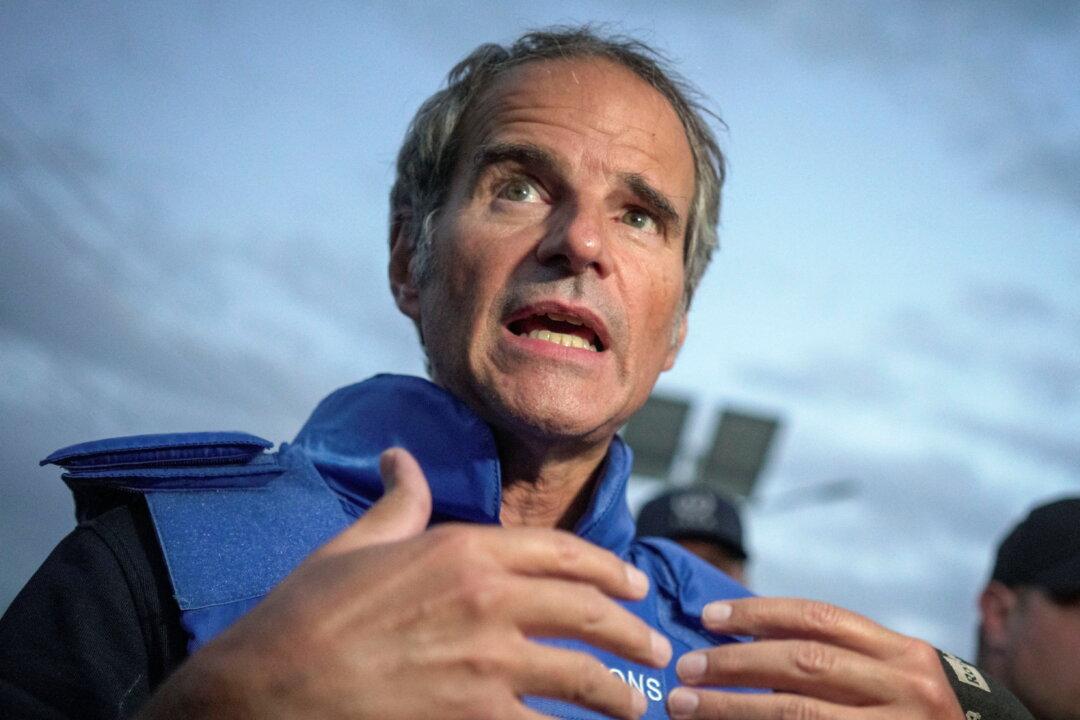Nuclear power will play a crucial role in reaching net zero carbon emissions and energy security, director-general of the International Atomic Energy Agency (IAEA) Rafael Mariano Grossi said at the United Nations Climate Change Conference, also known as COP28, on Friday.
Speaking at COP28 in Dubai, United Arab Emirates, on Dec. 1, Mr. Grossi said that global net zero carbon emissions could only be achieved by 2050 and that it will require “swift, sustained and significant investment” in nuclear energy.





